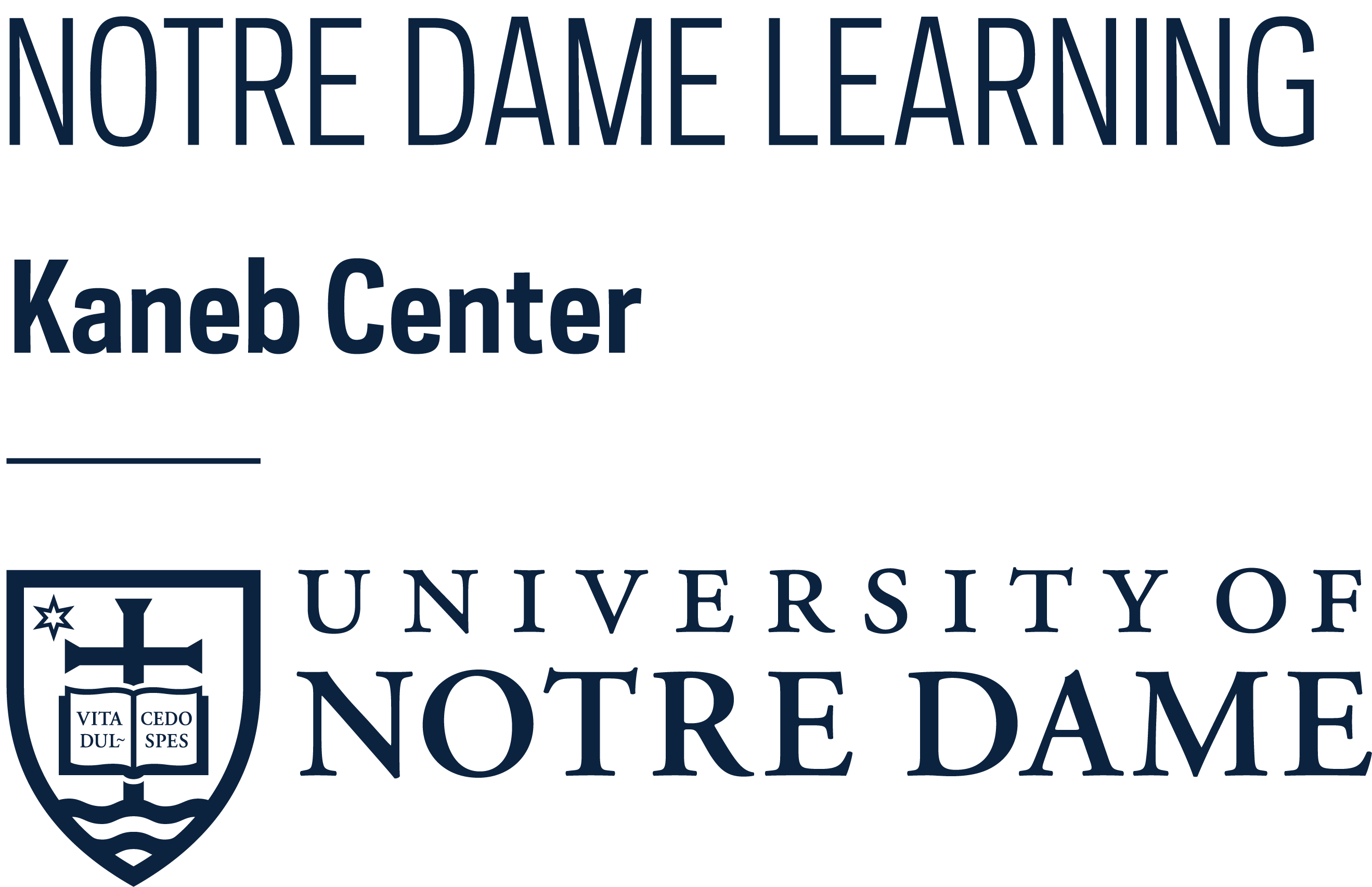The end of the semester is approaching, and students and faculty alike are starting to look ahead to finals week, as well as the holidays and the upcoming year. While looking ahead, it’s also important to look back at the courses that have yet to be completed. The end of the semester is an excellent time to get students thinking about what they’ve learned and what they can take away from your course.
In previous posts, we’ve discussed how to grade effectively at the end of the semester, reflect on your own experience teaching the course, and conduct review sessions outside of your normal class period. In this post, we outline a few strategies for how to reflect on and review major course concepts within your regular course meetings. Here are five quick techniques to consider:
- Ungraded Quizzes. Your final exams are scheduled, but that doesn’t mean that they are the only learning assessments you can use. Consider giving your students an ungraded quiz to give them a sense of their own learning and allow you to determine which concepts or topics you may need to review with greater depth. For example, write one or two broad questions from each week or unit of the course to quiz students. These make a great precursor to a review session or way to review materials from early on in the semester.
- Anonymous Questions. At the end class, have students write down anonymous questions that they have about the course and any materials or concepts that you’ve covered. In an email to students or during the next class period, offer your response to those questions. This allows students to pose questions that they may not feel comfortable asking or may not have time to ask in class. Use this teaching technique once at the end of the semester or throughout to ensure that students have an opportunity to get their questions answered.
- Planning Ahead. As you begin planning for final exams or papers, have students plan out their studying or writing process. For example, have students look through their notes and write down the sections that they should review with greater depth. Or, have students come up with an outline for their final paper. If time permits, you may choose to meet with students to discuss their preparation for any final assessments.
- Most important thing you’ve learned. Ask your students to reflect on and write about the most important thing that they’ve learned in the course. Encourage them to think about how their thinking changed as a result of learning this concept. This allows you to determine which concepts students are taking away and whether your learning goals were accomplished.
- Learning Reflections. During one of your final class periods, have students reflect on the learning process throughout your course. Have them write a letter to themselves about what they’ve learned, or have them address the letter to students taking the course the next time you teach it. If addressing the letters to themselves, ask students to write about how they will take this new knowledge and apply it to their lives or future coursework. If addressing it to future students, ask them to discuss strategies that helped them be successful in the course and what they might have done differently if they had known then what they know now.
Leaving time for review and reflection ensures that students do not leave behind all of the new knowledge and skills they have learned. Practicing regular evaluations of learning leads to greater retention, higher levels of thinking, and improved learning outcomes. And as your students are reflecting and reviewing course material, be sure that you are doing the same! So before you start looking forward to things to come, be sure to take time to look back at your goals and accomplishments in the classroom this semester.
Additional Resources
